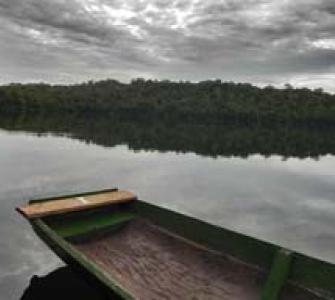Fostering local talent in Conservation Economics is a key piece in the puzzle of protecting the rich biodiversity of the tropical Andes region. With support from the John D. and Catherine T. MacArthur Foundation and others, CSF is delivering an integrated training package to address this need. The project began in 2009 with Conservation Economics instruction for decision-makers and young economists. It has continued with a competitive program of research grants for economists interested in working on conservation themes in the rain forest regions of Peru, Bolivia and Ecuador.
The session with decision-makers served to transfer key economic concepts to NGO and government representatives and also to elicit the main themes on which local leaders see the greatest need for Conservation Economics research. The advance technical course followed, providing a boost to the people who will actually do such research. That session drew 25 participants from Peru, Bolivia, Ecuador and Colombia, selected from over 200 applications (For more information on the course, please see the corresponding course page.)
Six competitively selected research fellows have analyzed these questions:
1) Opportunity costs of Reducing Deforestation and Degradation (REDD) in Northern Bolivia
-Read this project's policy brief or full-length report
2) Opportunity costs of conservation in Northwestern Ecuador, in the context of the "Socio-Bosque" environmental payments scheme
-Click here for more information on the effects this study has had.
3) Greenhouse gas emissions from the proposed Inambari dam
-Read this project's full-length report
4) Tourism preferences and market potential for communities of the Pilon Lajas Indigenous Territory in Bolivia
-Read this project's full-length report
5) Hunting pressure and the unwritten rules that govern hunting in Pilon Lajas
-Read this project's full-length report
This project was supported by the John D. and Catherine T. MacArthur Foundation, and the Wildlife Conservation Society.


